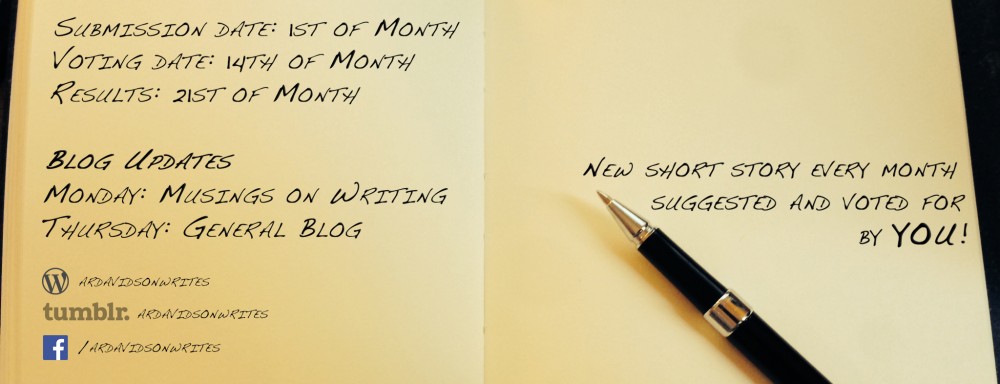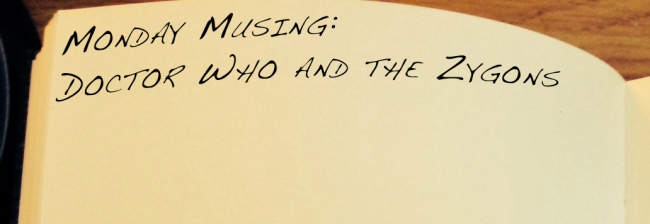A question I have been asked often after I mention that I’m writing a book is what will happen in the sequel. I am in two very distinct minds about this issue as I both love and loath sequels. As we are soon to be in 2014, the sequel to 2013, this seemed like a good time to talk, vaguely and without resolution, about Sequels and Series.
To me there the two things are different. And I don’t particularly like sequels.
By and large a sequel is a copy of an original idea that largely repeats those story beats but choses to subvert existing expectations to keep it interesting. I’m not saying that sequels are bad. I own a whole heap of them. Silence of the Lambs is a very good sequel to Red Dragon, though I confess to still liking RD more. Silence follows largely the same formula as Dragon, but with added Lector.
This is a difficult topic to write about because some of my favourite books are parts of series, yet I would class them as sequels. I don’t think I necessarily agree that because one particular thing becomes popular that it should lead to it being repeated. I have, I think, three of the sequels to Blade Runner, which is a whole heap of weird because it’s part sequel to Do Androids Dream Of Electric Sheep, largely a sequel to the movie that had little and less to do with the book, and also a sequel to a movie that had its ending changed. Weird. And I don’t think those books were necessary.
This is in opposition to my feelings about Series which tend to have one large story deliberately told over a number of books. George RR Martin’s A Song of Ice and Fire series is an example of this that I’m enjoying. I like long sprawling narratives that were designed to tie in to each other. The Lord of the Rings is a series not sequels.
I’ve spoken before about enjoying Ben Aaronovitch’s Rivers of London books. These books are definitely sequels, taking the parameters of the original and stamping that template of the subsequent books. The same can be said for Malcolm Price’s Aberystwyth books.
Joe Ambercrombie had a series in the First Law Trilogy and that was followed by a number of sequels set in the same world with overlapping characters. In this instance the first sequel Best Served Cold is my favourite book he has written. (I’m currently reading Red Country.)
Actually, I don’t really know what my point is here. I guess, based on the question as to whether there will be a sequel to my book (there won’t) is that there is interest in creating something that will breed further narratives, people want to visit a world and see it expand. This is both a desire from an audience, a financial consideration of people buying the next book because it’s the next book. I have Aaronovitch’s Broken Homes pre-ordered in paperback. I don’t even know what it’s about. So I’m not passing judgement.
I think maybe it’s odd that there is an assumption or expectation that something cannot exist in and of itself, there it must breed further stories. If there are more stories to tell then this is great and exciting. Yet if it is just cashing in on something that worked, I’m more reluctant to become engaged.
And to blur my already muddy thoughts on the matter, yes, I have an idea for a series of books.
I’ve not even scratched the surface of my book collection, and have no idea what I would class Iain M. Banks Culture books as. What are your favourite sequels or series? What next book of a story are you looking forward to? Do you wish there was a sequel to your favourite book – what is that book?
I’d like to hear your thoughts.
– Andrew



